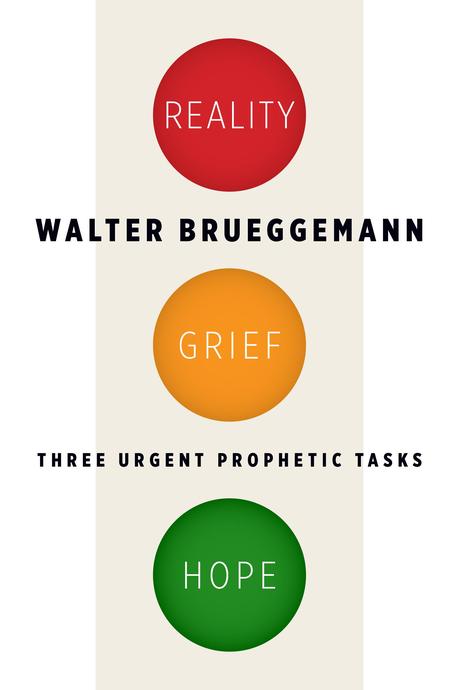Brueggemann on reality, grief and hope
On September 12th 2001, with the choking dust of the Twin Towers still settling on the ground, Walter Brueggemann published a sermon entitled ‘Truth Telling Comfort’. In it he described the sense of ‘vulnerability and outrage, an abrupt subverting of our shared sense that we in the U.S are somehow immune from the rage of the world’. He went on to say that after the pastor’s work of comforting the bereaved was done, there would come a time when the ‘deep issues of US militarism in the service of US consumerism’ would have to be considered. When I wrote to him, as a star-struck Masters student in preaching some months later, he replied in his letter that he ‘never really got much response’ to the sermon. I suspect that the same will not be said of this book.
Now that the dust of 9/11 has settled, Brueggemann’s gloves are definitely off, and he gives the kind of blistering critique of his homeland which would have seen an Old Testament prophet in the stocks, and which would have the writer arrested in other parts of the world today. His basic premise is that America post 9/11 bears striking resemblance to the world into which the major Old Testament prophets were speaking. In such a context there must be a realism to combat smug ideology, a grief to cut through the denial which insists nothing has changed, and a hope to replace despair. He sees evidence of America’s current mindset everywhere from foreign and military policy to their coverage of the 2012 Olympics and the treatment of gays in public discourse. Along the way there is the kind of theological lyricism with which many have come to associate this writer:
‘the prophets are voices of unrelenting realism’
‘Poetry that invites and transforms and shocks and offends may sometimes be the work of the Spirit. Our predatory society lives by prose that is manageable and thin’
‘Hope is a tenacious act of imagination’
Who but Walter Brueggemann could have written such things?
Having said that, readers of Brueggemann’s previous books will find two key differences here. The first is that this is the most Americo-centric of all his books. Elements of US home and foreign policy are discussed in more detail here than ever before. Secondly, this is the book where Brueggemann stops talking about being a prophet and starts talking like one. If you want to read a worked example of the kind of prophetic speech for which he has often called – you will read it here. Of course you may not like all of it, any more than I did – but I suspect that is in the nature of prophetic speech.
Brueggemann says that we should not be worried about the survival of the church, but about ‘whether there will be a sustainable force for this witness in a world that is organized against such a witness of Friday and Sunday’. This book will do much to ensure that such a witness abides.

ISBN 978-0-8028-7072-8 £10.99
